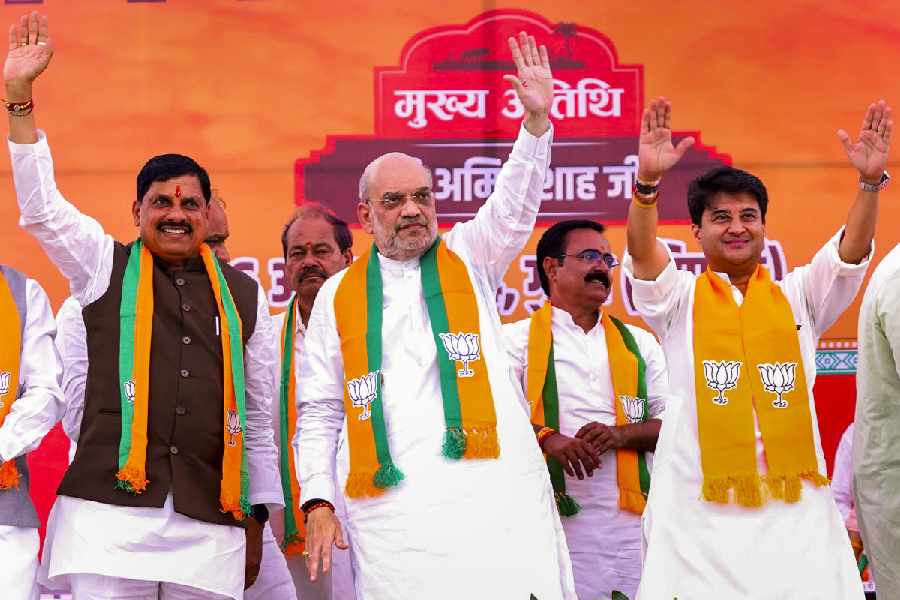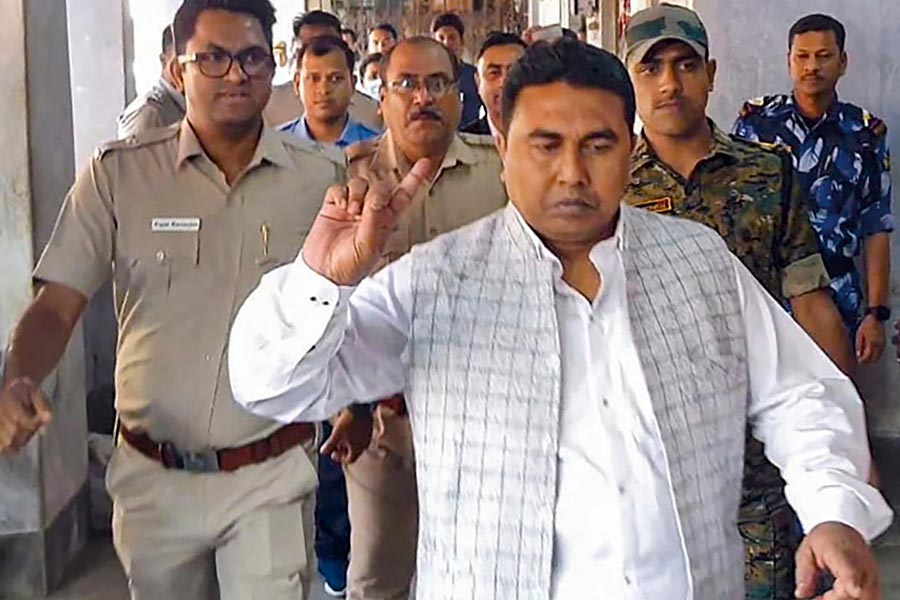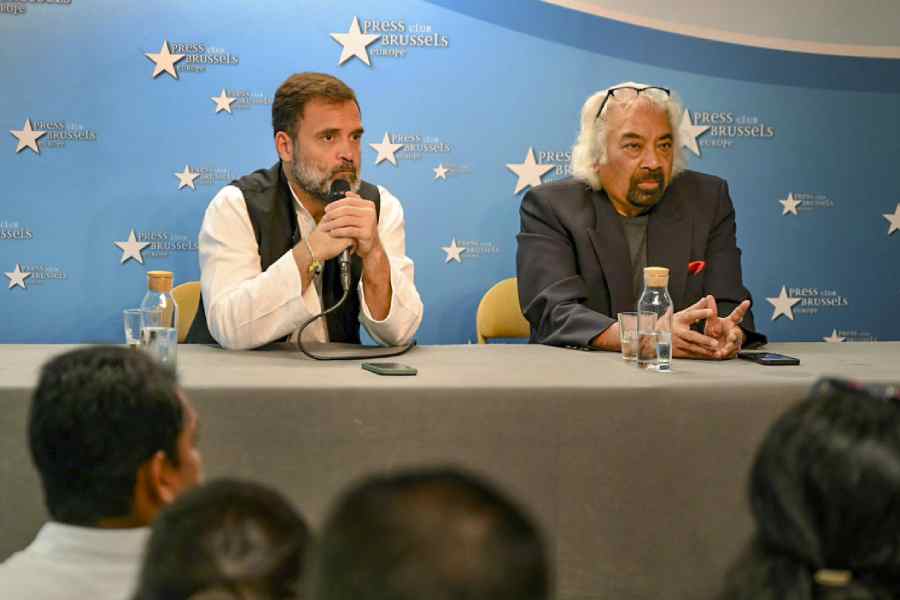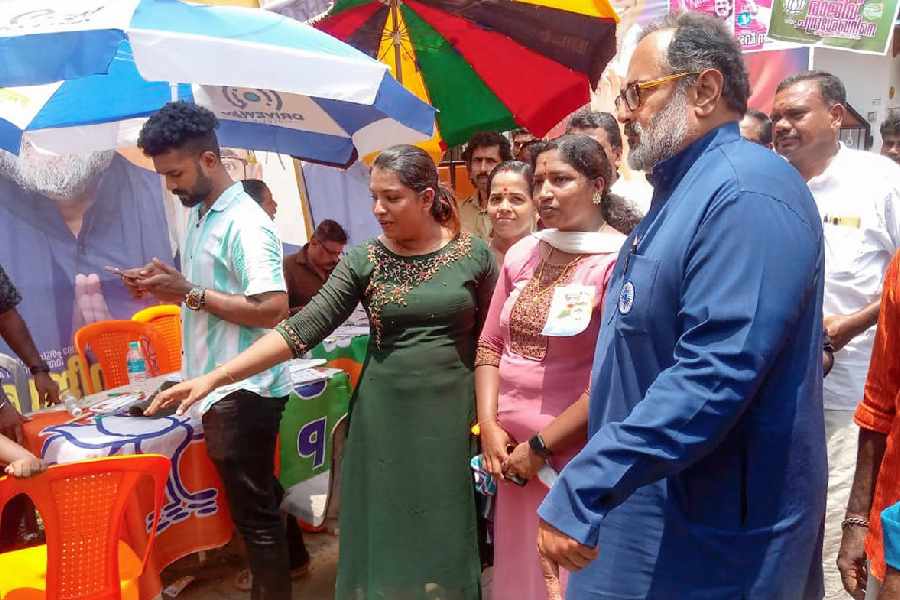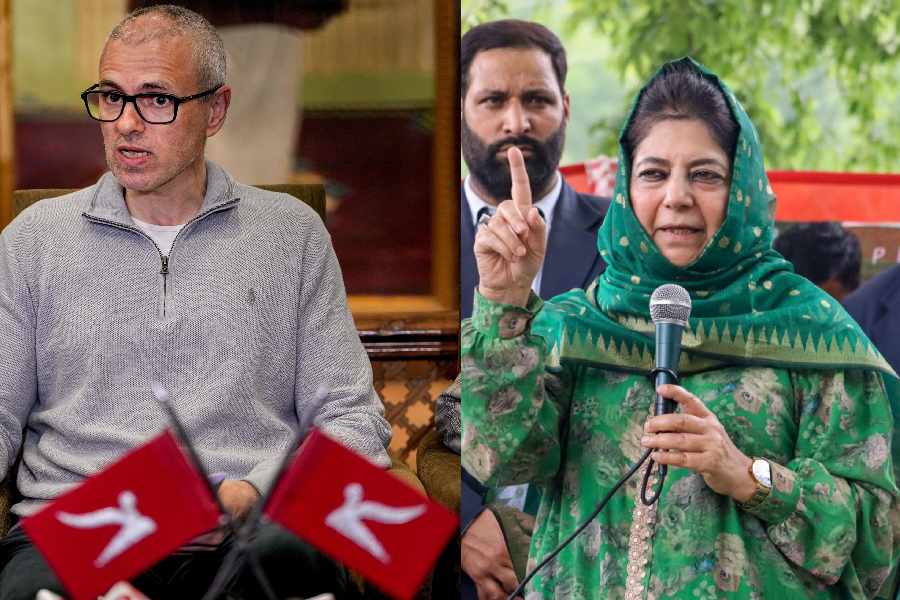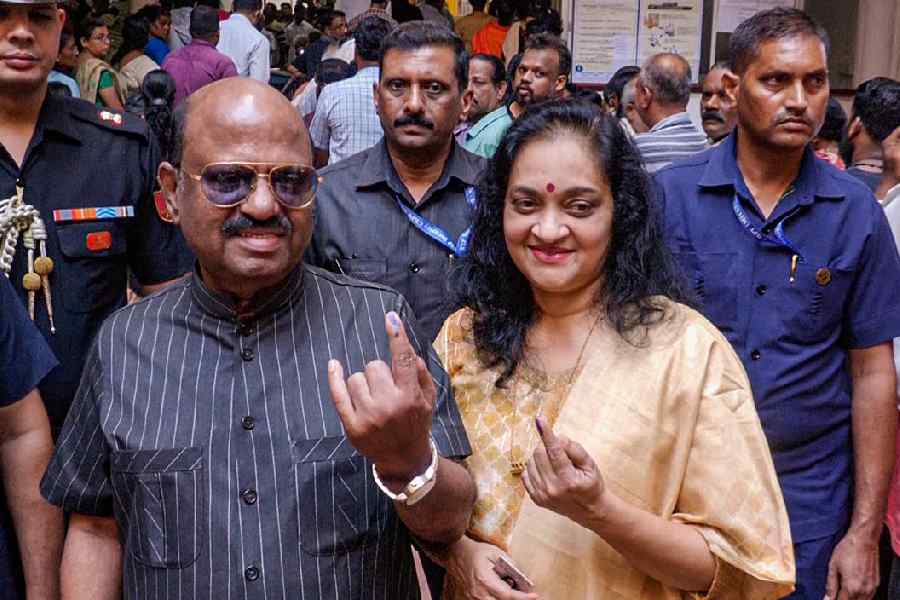The present government just cannot let things be. It has now trained its sights on Urdu. The minister for minority affairs had suggested that the National Council for Promotion of Urdu Language be shifted out of the human resource development ministry to minority affairs; that ministry would nurture the language better. The prime minister’s office is now ruminating on this apparently beneficial idea. The point of the exercise seems to be to reduce Urdu to a minority language by removing it from the list of scheduled languages. At the basis of the proposed change is the wholly mistaken idea that Urdu is the language only of Muslims. So, shifting it out of the purview of the mainstream education ministry into that of minority affairs would put Urdu speakers in their place. This is an official, if indirect, message to Urdu speakers: their language cannot be ‘national’, but only tolerated as a minority presence.
Like all biased proposals, this, too, is based on total, to some extent deliberate, ignorance. Urdu as a language was born in India, based on Hindi, Persian and Arabic. As it evolved, perhaps from the 6th to the 13th centuries, it was variously called Hindustani, Hindavi, Dehlavi and other names and was spoken by large swathes of the people. Both Hindu and Muslim poets and writers have written in Urdu right down to the early 20th century. Urdu stands witness to the rich syncretism of Indian culture that is reflected in Indian music, art and architecture too. But the history of a language is never simple, nor is its development unilinear. In the oppositional politics before Partition, Urdu, written in the Nastaliq script and not in Devanagari, became identified with Muslims, and after 1947, it became the national language of Pakistan. Literature and poetry even today would demonstrate the artificiality of such divisions. Yet the politics of language is a powerful tool to unite — as in Bangladesh — and divide people — as happened during Partition. It is this politics in which the Narendra Modi-led government apparently wishes to dabble now. What is a national language in Pakistan cannot be a scheduled language in Mr Modi’s India. Maybe the Centre should concentrate on more urgent matters rather than waste time playing with the status of languages for no reason whatsoever.


